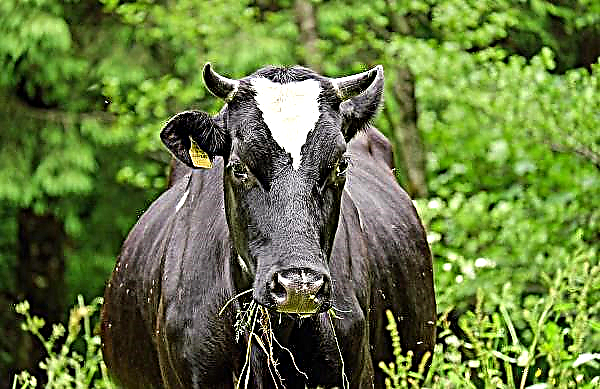Kenya has now officially banned the commercial slaughter of animals due to pressure from animal welfare organizations and the growing number of donkey thefts. A gelatin made from it plays an important role in traditional Chinese medicine.

Kenya legalized the commercial slaughter and transportation of donkeys to China in 2012, meeting the ever-growing demand for animal skin and meat. However, now the Minister of Agriculture said that this was a mistake, because the population of donkeys fell sharply.
Donkeys are not very fast. But if necessary for their safety, they can develop an average speed of the machine.
In rural areas of the country, donkeys also carry working equipment, water and firewood with animals. Government comments say that there is a risk that as a result of the decline in the donkey population, more women will be involved in these fundamentally complex physical tasks.
According to government statistics, there are now about 1.2 million donkeys in Kenya, compared with 1.8 million over the past decade. Up to 1,000 animals per day can be slaughtered in slaughterhouses, and if this trend continues, donkeys will be lost for years to come.

The killing of donkeys and the slaughter of their herds, according to a chart in Statista, occurs in many countries:
- China (1992-2017) - 59%;
- Kyrgyzstan (2011-2017) - 53%;
- Botswana (2011-2017) - 37%;
- Brazil (207-2017) - 28%.
With the ban announced, Kenya is included in the list of countries that previously banned the export of donkeys to China, such as Uganda, Tanzania, Botswana, Niger, Burkina Faso, Mali and Senegal.
- A kilogram of donkey milk cheese, which is made and sold in the Vinnitsa region, will cost connoisseurs 1760 euros.
- The information that the Miratorg agro-industrial holding pays one hundred thousand rubles to those who have any information about the actions of a group of poachers that exterminate the breeding stock of livestock has recently appeared in the mass media of the Oryol Region.
- Livestock futures on the Chicago Mercantile Exchange plummeted in actively traded nearby contracts on Wednesday, as concerns over the spread of coronavirus and its effect on demand were triggered by active sales of commodity funds.












